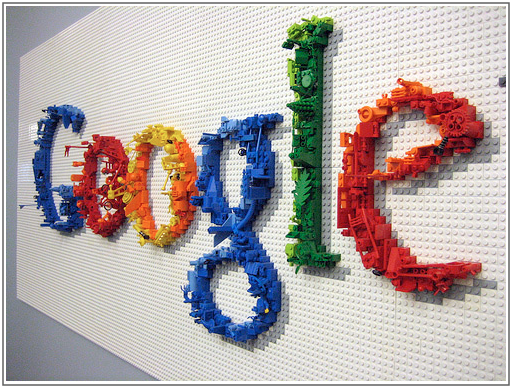If you follow the latest news and developments in the search engine optimization (SEO) world you most likely heard the announcement on Google’s newest pending algorithm update, which is designed to penalize overly optimized websites. The announcement came last week during a SXSW panel discussion when Matt Cutts (head of Google’s Web Spam team) shed some light on the pending update.

If you’ve been left confused and somewhat panicked since you caught wind of this announcement, here’s some facts on what we know that could potentially harm your website’s rank in the SERPs if you’re guilty of over optimizing your site content and meta data.
Statement from Matt Cutts (Google)
When Matt Cutts was asked how Google plans to address the continued saturation of highly optimized content in certain markets, with the growth of content marketing, and how Google handles well-optimized sites versus those without the SEO basics, Cutts had the following to say:
“Normally we don’t pre-announce changes, but there is something we’ve been working in the last few months and hopefully in the coming weeks we hope to release it. The idea is basically to try to level the playing ground a little bit. So all those people who have been doing, for lack of a better word, over optimization or overly doing their SEO – compared to the people who are just making great content and trying to make a fantastic site, we are trying to level the playing field a bit. We try to make the GoogleBot smarter, try to make our relevance more adaptive, so that if people don’t do SEO we handle that. And we are also looking at the people who abuse it, who put too many keywords on a page, exchange way too many links, or whatever else they are doing to go beyond what you normally expect. We have several engineers on my team working on this right now.”
What This Means For Your Website
1. If you follow the golden rule that you should write site content first and foremost for your readers, rather than the search bots, you are in good shape. If you find that you’re writing site copy stuffed with both related and non-related keyword phrases just to please the search bots, you may be penalized by Google if they haven’t hit you already with last year’s Panda update.
2. Per point number one, follow Cutts’ advice that he offered up at SXSW. Make a compelling site that’s useful, interesting and relevant to your target’s interests. As we’ve discussed in our posts many times before, the addition of a blog within your website can do wonders with keeping your site fresh with compelling and useful content that Google and other search engines will gladly reward.
3. Believe it or not there’s still a large majority of websites that our guilty of keyword stuffing, especially within the meta keywords and other meta data fields. Maybe this was done years ago and has gone overlooked but now is the time to address. Google doesn’t plan to penalize sites that have taken the steps to write useful and accurate meta data to aid both users and search bots on the content of a particular page, but ask yourself if your on-page SEO efforts still stand true to what your site actually offers.
4. Our friends over at HubSpot also wrote a very helpful post on this topic, so if you’re looking to dig a little deeper be sure to give it a read.
Google or Matt Cutts haven’t obviously announced any key dates or a timeline of when this latest algorithm update will officially go into effect, but now is the time to shift your mindset on optimizing your site with great content rather than keyword stuffed meta data.
Image credit: TechieMania
